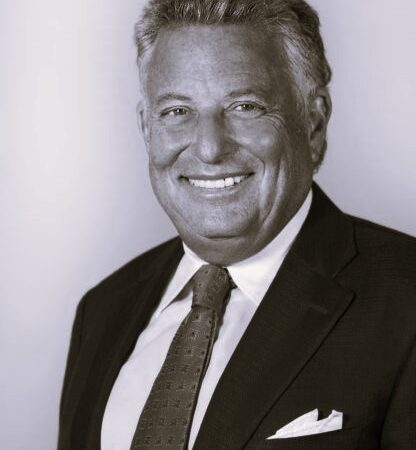Podcast Overview
Does your business promote and prioritise a positive, diverse and inclusive workplace? Now more than ever it is super important to create a supportive workplace for your employees. Happy employees are more productive, which leads to business success.
In this episode, Leyla talks about key steps and practices to achieve a safe environment for employees where they can thrive. She shares why it is so important and breaks down ways you can prioritise diversity and inclusion within your business.
eCom@One Presents:
Leyla Okhai
Leyla Okahi is the CEO and director at Diverse Minds, delivering, developing and managing diversity, inclusion and equality. With over 18 years of experience Leyla works to create positive work places and create opportunities for employee growth whilst prioritising equality.
In this episode, Leyla talks about key steps and practices you can cooperate into your business to create an inclusive, diverse and positive workplace, she also explains why this is so important to her and breaks down ways you can challenge a work-life balance. Leyla also talks steps that companies can take to deal with toxic behaviours and attitudes and why all of this is so important in our world today
Tune into this episode to learn about the importance of equality and inclusion and how prioritising this in your business will be beneficial to productivity and creating a positive workplace.
Topics covered:
2:30 – How Did You Realise There Was A Need For Diverse Minds
5:01 – What Does A Positive Workplace Mean To Leyla
7:41 – The Key Elements Of A Positive Workplace
16:09 – Steps Companies Can Take To Deal Toxic Behaviours And Attitudes
19:50 – How Can Companies Create Opportunities For Employee Growth
25:05 – Challenging A Work-Life Balance
30:20 – Ways Businesses Can Prioritise Diversity And Inclusion
36:05 – Practices Companies Can Use For Promoting Team Collaboration
48:10 – Book Recommendation – The Island of Missing Trees, Elif Shafak


